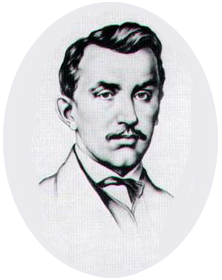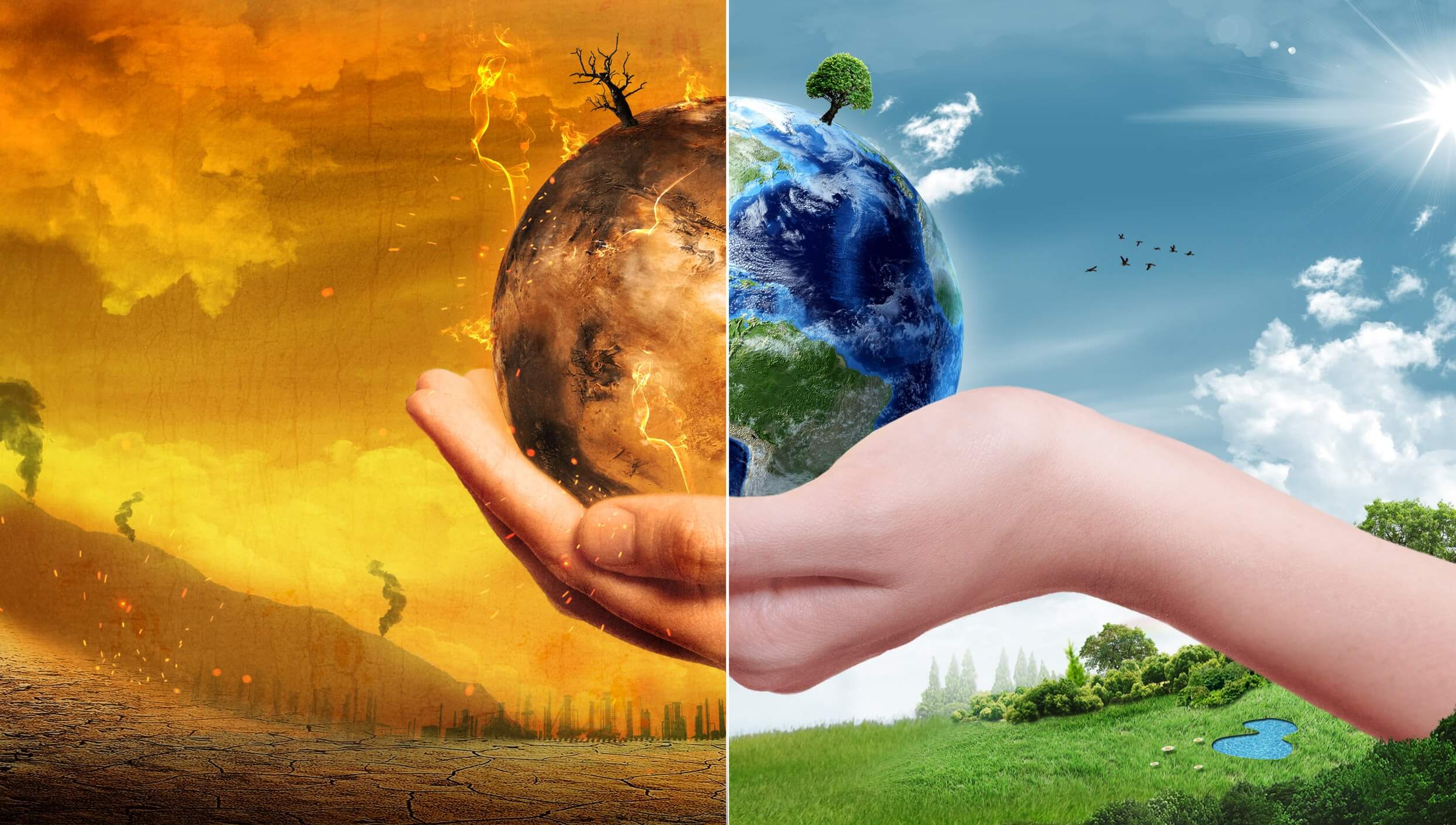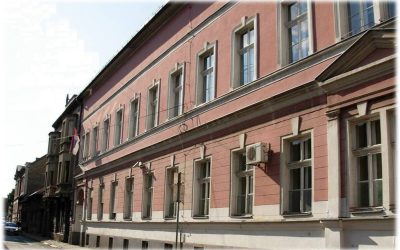When we think of the word waste, we think of something that doesn’t serve us and has no value, something that we throw away after being used as an unwanted thing. As purchasing power influences the amount of waste produced per capita the amount of waste generated grows. In an era when the news of climate change is becoming commonplace, few people are aware of the impact that everyday waste has on Earth, the environment and our health.
One of the significant problems is landfill gas. Landfills represent a breeding ground for diverse chemical reactions that produce greenhouse gases (methane, carbon dioxide, etc.) that contribute to global warming. Landfill gas, i.e. biogas, is produced as a product of microbiological decomposition of waste under aerobic or anaerobic conditions.
Instead of combating emissions, we can turn them into usable sources of materials and safely divert them from landfills through extraction systems that lead to facilities for converting landfill gas into usable resources and energy.
The collection and control of landfill gas is achieved by installing horizontal and vertical gas collection pipes, which are perforated and flexible, to achieve maximum gas extraction in combination with the construction of the overlay. This would ensure that the flow of gas generated and collected is controlled, without loss, or emission into the atmosphere. Waste landfill gas is classified as a renewable energy source.
The advantage of using landfill gas for energy purposes is safeguarding the air from pollution, the reduction of greenhouse gas emissions, and also economic profit. Landfill gases are generally composed of carbon dioxide and methane in the 50:50 ratio.
Chemical waste that we can use:
-
Carbon-Dioxide (CO2)
-
Carbon-Dioxide can be used as dry ice, which is produced from liquid carbon dioxide under controlled conditions in specially designed machines. The uses of dry ice range from freezing food, cooling food and beverages in catering, transporting blood, blood plasma and organs at low temperatures, to cleaning and degreasing surfaces. Some of the practical applications can be found in a number of industries and areas such as: food industry, pharmaceutical industry, electrical industry, car industry, airline industry, monument restoration, technical and hygienic maintenance, lumber industry, rubber and plastics industry, foundries, nautics, printing industry, transport, removing mold, removing traces of fire. Dry ice cleaning is: economical, fast, reliable, safe and efficient. The cleaning method is not abrasive. It can be applied in different fields.
-
Carbon dioxide can also be used as a better option for heating and cooling cities. The use of CO2 in district heating and cooling networks can save approximately 80% of energy needed to heat cities. Except for heating, the use of liquid CO2 refrigerant in urban areas would be safe, reliable, efficient and economically justified. CO2 circulates at a temperature of about 15 degrees, near its saturation point between the liquid and gas states. In this way, the risk of freezing is avoided, pipes can also be placed under the pavement.
-
-
Methane (CH4) – although methane is a greenhouse gas with a greater impact on global warming, it is less persistent in the atmosphere.
-
Methane can be used for heating as it is a much more potent gas than CO2 (20 to 30 times) in terms of heat retention.
-
At the same time, methane can be a significant source of electricity generation (methane can be burned to produce electricity)
-
-
Heavy metals– another problem to be resolved after successful extraction and use of CO2 and CH4 are heavy metals that remain in the soil. One of the most effective ways to remove them is to plant “hyperaccumulator” plants that function on the principle of soil remediation. Phytoremediation has yet to be commercialized, and its use can accelerate the process of cleaning up areas contaminated with harmful substances and heavy metals, including landfill.
As citizens, we can influence politicians, ministers and institutions to invest more money in waste management infrastructure and to build regional landfills that meet EU standards.
Landfills are a „necessary evil“ that accompanies man, but by properly disposing and composting organic waste, we can mitigate the ill effects it has on planet Earth.
We have come to the conclusion that by improper waste disposal, we are destroying nature and thus accelerating climate change. We have to keep in mind that the problems that the human race faces are not at all innocuous, but fortunately we have the time to react to leave planet Earth in a well preserved condition for generations to come. Think about it!






